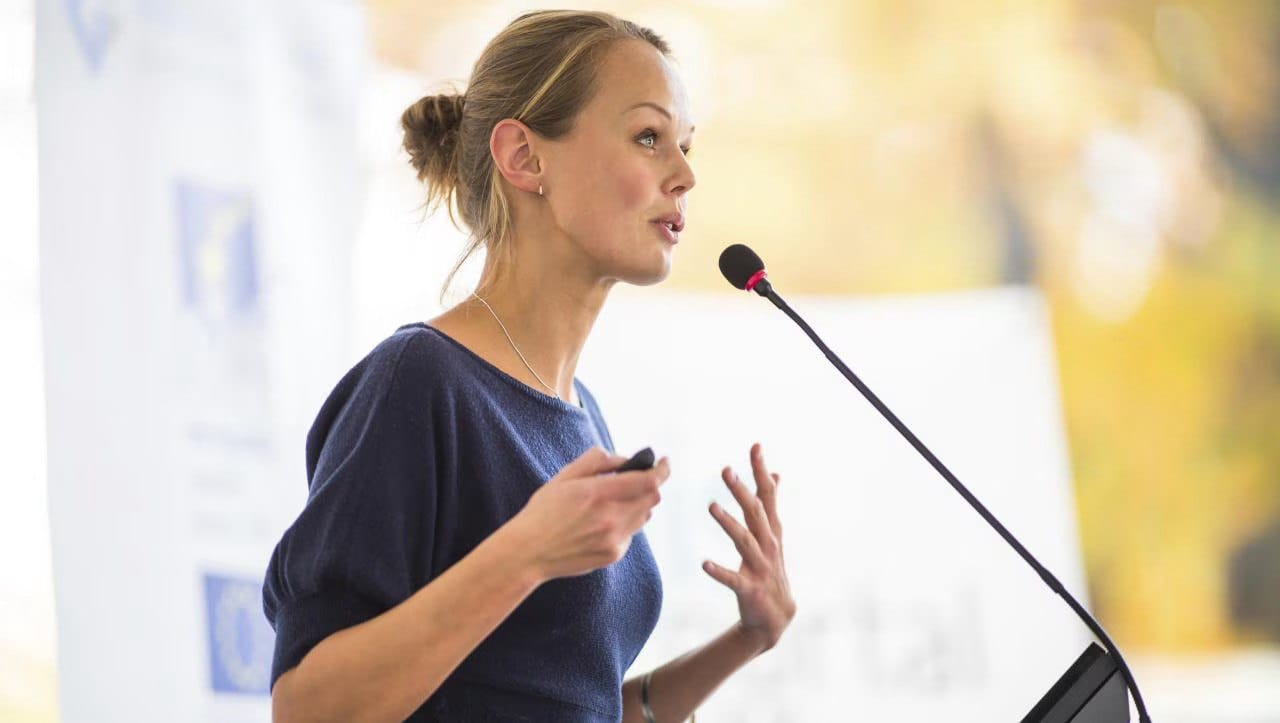Inversion After Negative Adverbials

Inversion is a grammatical structure where the normal subject-verb order is reversed, often for emphasis or stylistic effect. This is commonly used after negative adverbials like "not only," "barely," "only," "never," "rarely," "hardly," "scarcely," "no sooner," and "little." Inversion is particularly common in formal writing and speeches, as it adds a dramatic or persuasive tone.
Key Rules for Inversion
1. Place the negative adverbial at the beginning of the sentence.
2. Invert the subject and auxiliary verb.
• If there is no auxiliary verb, add "do," "does," or "did."
3. The rest of the sentence follows in normal order.
Examples of Inversion with Negative Adverbials
1. Never, Rarely, Seldom
These adverbials are often used with the present perfect, past perfect, or modal verbs (e.g., can, could).
• Never have I seen such a beautiful sunset.
(I have never seen such a beautiful sunset.)
• Rarely do we get the chance to travel abroad.
(We rarely get the chance to travel abroad.)
• Seldom has the team performed so poorly.
(The team has seldom performed so poorly.)
2. Hardly, Barely, Scarcely, No Sooner
These adverbials describe events that happen almost simultaneously. They are often paired with past perfect and followed by "when" or "than."
• Hardly had I closed my eyes when the phone rang.
(I had hardly closed my eyes when the phone rang.)
• Barely had she entered the room when everyone started clapping.
(She had barely entered the room when everyone started clapping.)
• Scarcely had the meeting begun when the fire alarm went off.
(The meeting had scarcely begun when the fire alarm went off.)
• No sooner had the train left the station than it started to rain.
(The train had no sooner left the station than it started to rain.)
3. Not Only
This adverbial emphasises that two things are true, often in a surprising or impressive way. It is followed by "but also" or "but."
• Not only did she finish the project on time, but she also exceeded expectations.
(She not only finished the project on time but also exceeded expectations.)
• Not only was the food delicious, but the service was impeccable.
(The food was not only delicious, but the service was impeccable.)
4. Only + Time Expression
These include "only after," "only if/when," "only then," and "only later."
• Only after the storm passed did we realize the extent of the damage.
(We realised the extent of the damage only after the storm passed.)
• Only when the teacher explained it again did I understand the concept.
(I understood the concept only when the teacher explained it again.)
• Only then did they apologise for their mistake.
(They apologised for their mistake only then.)
• Only later did I find out the truth.
(I found out the truth only later.)
5. Phrases with No and Not
These include "under no circumstances," "on no account," "at no time," "in no way," "on no condition," "not until," and "not only."
• Under no circumstances should you reveal the secret.
(You should not reveal the secret under any circumstances.)
• On no account are visitors allowed to enter without permission.
(Visitors are not allowed to enter without permission on any account.)
• At no time did the manager admit fault.
(The manager did not admit fault at any time.)
• Not until the end of the movie did I recognise the actor.
(I did not recognise the actor until the end of the movie.)
6. Little
In these sentences, "little" has a negative or restrictive meaning.
• Little did he know that his life was about to change.
(He did not know that his life was about to change.)
- Little did they know that their lives were about to change forever.
(They didn’t know that their lives were about to change forever.)
• Little do people realise how much effort goes into organising an event.
(People don’t realise how much effort goes into organising an event.)
Practical Example Sentences
1. Never have I been so excited about a vacation.
(I have never been so excited about a vacation.)
2. Rarely do we see such dedication in a student.
(We rarely see such dedication in a student.)
3. Hardly had the concert started when the power went out.
(The concert had hardly started when the power went out.)
4. Not only did he complete the marathon, but he also broke the record.
(He not only completed the marathon but also broke the record.)
5. Only when the lights went out did I notice the strange noise.
(I noticed the strange noise only when the lights went out.)
6. Under no circumstances should you touch the equipment without supervision.
(You should not touch the equipment without supervision under any circumstances.)
7. Little did she expect to win the lottery.
(She didn’t expect to win the lottery.)
Interactive Exercise
Rewrite the following sentences using inversion:
1. I have never seen such a crowded place.
→ Never have I seen such a crowded place.
2. She had barely sat down when the meeting began.
→ Barely had she sat down when the meeting began.
3. We rarely get the opportunity to meet famous people.
→ Rarely do we get the opportunity to meet famous people.
4. The children should not be left alone under any circumstances.
→ Under no circumstances should the children be left alone.
5. He didn’t realise the mistake until it was too late.
→ Not until it was too late did he realize the mistake.
Why Use Inversion?
• Emphasis: Inversion highlights the negative or restrictive nature of the adverbial.
• Formality: It is often used in formal writing, speeches, and literature.
• Stylistic Effect: It adds variety and sophistication to your writing.
• Little do they realise how much effort goes into this project.
(They do not realise how much effort goes into this project.)
Inversion after negative adverbials enhances the expressiveness and formality of writing and speech. By following the key rules outlined above, you can effectively use inversion to create emphasis or a dramatic effect in your sentences. Practicing these structures will help you become more proficient in using inversion correctly and effectively in various contexts.
